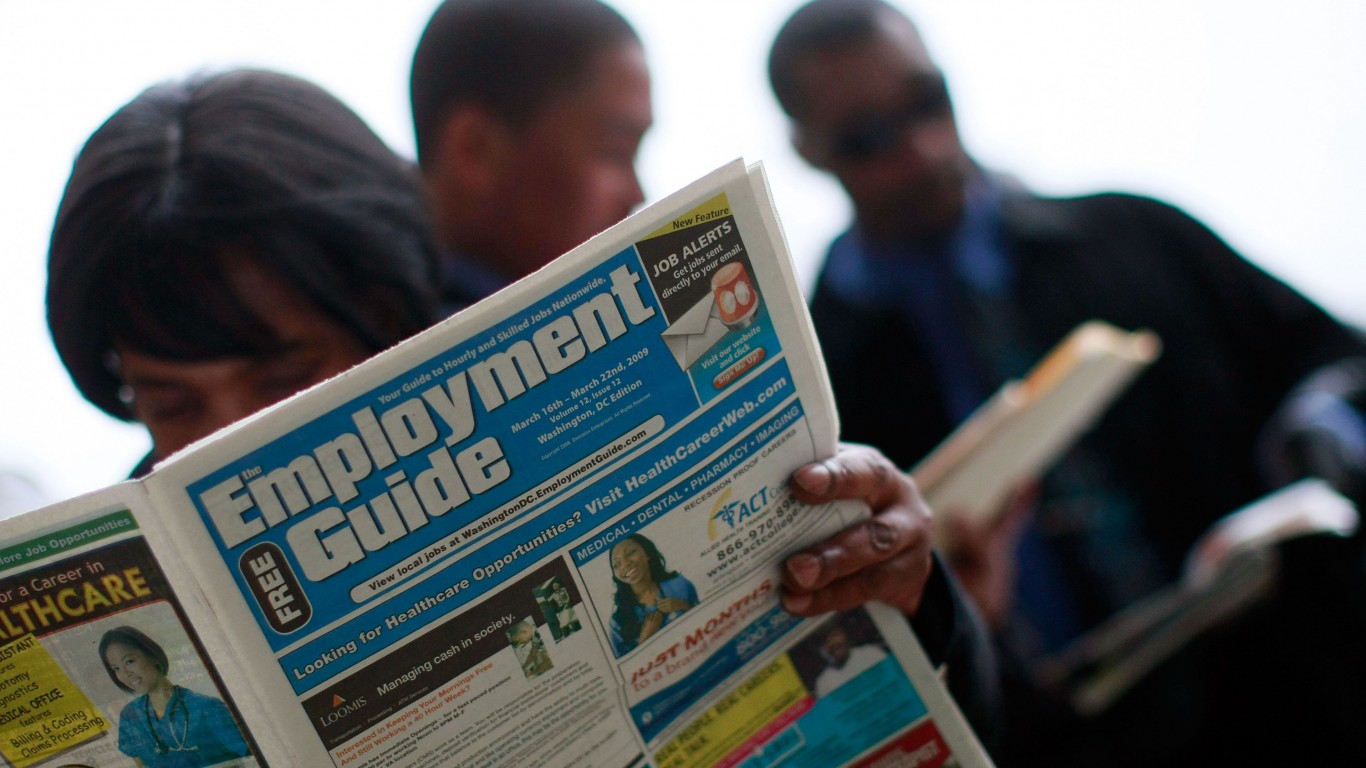
It is always hard to call a recession, particularly in a foreign country. After all, the last recession was traumatic enough that none of us really want to see even a garden variety recession ever again. With disappointing growth in the United States during the first half of 2016, now it is Canada’s turn to feel poor gross domestic product (GDP) readings. Canada’s problems may seem deeper due to the dependence upon natural resources. Is it too soon to worry about a recession for our trading partners in the north?
Some U.S. investors may think they do not have to worry about economic readings from Canada. Just remember that Canada is perhaps the most important trading partner with the United States. It is over 16% of total U.S. trade, higher than China and Mexico.
Canada’s GDP contracted in the second quarter by 1.6% on an annualized basis. Reuters had predicted a drop of 1.5% for the second quarter. The reading for June was not as bad, rising 0.6%, versus the 0.4% gain expected by Reuters.
While this is a contraction, what matters is that the second-quarter report was effectively the worst one in about seven years. The second quarter’s drop of 1.6% translated to 1.78 trillion Canadian dollars, roughly $1.36 trillion in U.S. dollar terms.
Wednesday’s report from the Statistics Canada was skewed in part by the wildfires, but the weakness also was seen elsewhere. Canada saw declines in exports beyond oil, showing a 4.5% overall drop. Again, that is the worst since 2009 and points toward continued manufacturing weakness.
Before hitting the panic button, it is important to keep in mind that the first-quarter GDP growth in Canada was 2.5%. That gives more time for improvement. It was also expected that the second-quarter reading would be weak. The Canadian wildfire in Alberta created serious energy production shut-downs in May. That also had a broader impact as there were mandatory evacuations of several communities. One of those was in the oil-sands hub.
Statistics Canada reported that energy exports fell by 7.5% in the second quarter. Exports of vehicles and parts fell by 5.8%, and even the exports of consumer goods were down 6.8%. Business investment was down by 0.1% in the second quarter, flat with the first quarter and marking the sixth consecutive drop in quarterly business investment.
Justin Trudeau, Canada’s prime minister, has warned recently of headwinds against the Canadian growth story. The Bank of Canada already had warned of a contraction in the second quarter back at its decision on interest rates in July when it decided to keep rates static at 0.5%. Its next decision on rates in slated for September 7.
Reuters has suggested that Wednesday’s report may not be enough to signal a move in interest rates. Its view was that the weak GDP data were not expected to be enough to force Canada’s central bank to move at next week’s meeting. The report also suggested that the growth in June will support expectations that Canada’s economy will recover significantly in the third quarter. Part of June’s GDP gain was from a rise in non-conventional oil extraction, a sign that capacity has returned in the aftermath of the wildfires.
For a recession to take hold, the classic definition is two consecutive quarters in GDP contraction. Whether the growth will remain in the months of July, August and September remains to be seen.
The Average American Is Losing Their Savings Every Day (Sponsor)
If you’re like many Americans and keep your money ‘safe’ in a checking or savings account, think again. The average yield on a savings account is a paltry .4% today, and inflation is much higher. Checking accounts are even worse.
Every day you don’t move to a high-yield savings account that beats inflation, you lose more and more value.
But there is good news. To win qualified customers, some accounts are paying 9-10x this national average. That’s an incredible way to keep your money safe, and get paid at the same time. Our top pick for high yield savings accounts includes other one time cash bonuses, and is FDIC insured.
Click here to see how much more you could be earning on your savings today. It takes just a few minutes and your money could be working for you.
Thank you for reading! Have some feedback for us?
Contact the 24/7 Wall St. editorial team.


